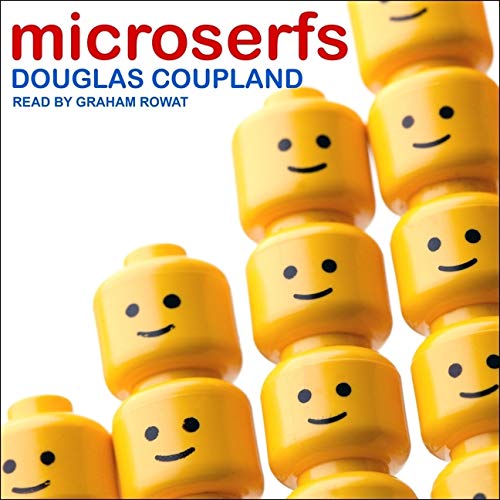What do you think?
Rate this book


" ... just think about the way high-tech cultures purposefully protract out the adolescence of their employees well into their late 20s, if not their early 30s," muses one programmer. "I mean, all those Nerf toys and free beverages! And the way tech firms won't even call work 'the office,' but instead, 'the campus.' It's sick and evil."
Audio CD
First published January 1, 1995

Los nerds consiguen lo que quieren cuando lo quieren y se ponen histéricos si no lo logran en el acto.
Son capaces de obsesionarse muchísimo. Supongo que ése es el problema. Aunque precisamente esta capacidad de concentración la que hace que sean tan buenos programando: una solo línea cada vez, una línea tras otra en una sucesión de millones de líneas.
Vivo mi vida día a día, una línea tras otra de programa sin errores
En los Ángeles, todo el mundo está escribiendo un guión. En New York, todo el mundo está escribiendo una novela. En San Francisco, todo el mundo esta desarrollando un producto multimedia
Se mire como se mire, las máquinas son nuestro inconsciente. Me refiero a que no llegaron seres del espacio exterior a la tierra y nos hicieron máquinas... las hemos hecho nosotros. De modo que las máquinas solo pueden ser producto de nuestro ser y, como tales, ventanas a nuestras almas... si examinamos las máquinas que construimos y la clase de cosas que metemos en ellas, tenemos un dato único y fiable de cómo estamos evolucionando.
La @ podría convertirse en el “Mc” o el “Mac” del próximo milenio.
Los ordenadores te enseñan algo importante, y es que no tiene sentido recordarlo todo. Lo importante es ser capaz de encontrar cosas.
A la gente que no tiene vida propia le gusta juntarse con otros que tampoco tienen vida propia. Así forman vidas.